Lebanon’s catastrophic economic collapse is gathering pace, with its currency shedding value daily, prices of essential foods out of the reach of many and talks that could unlock a desperately needed bailout crippled by what critics say is a determination by the ruling class to protect a broken system.
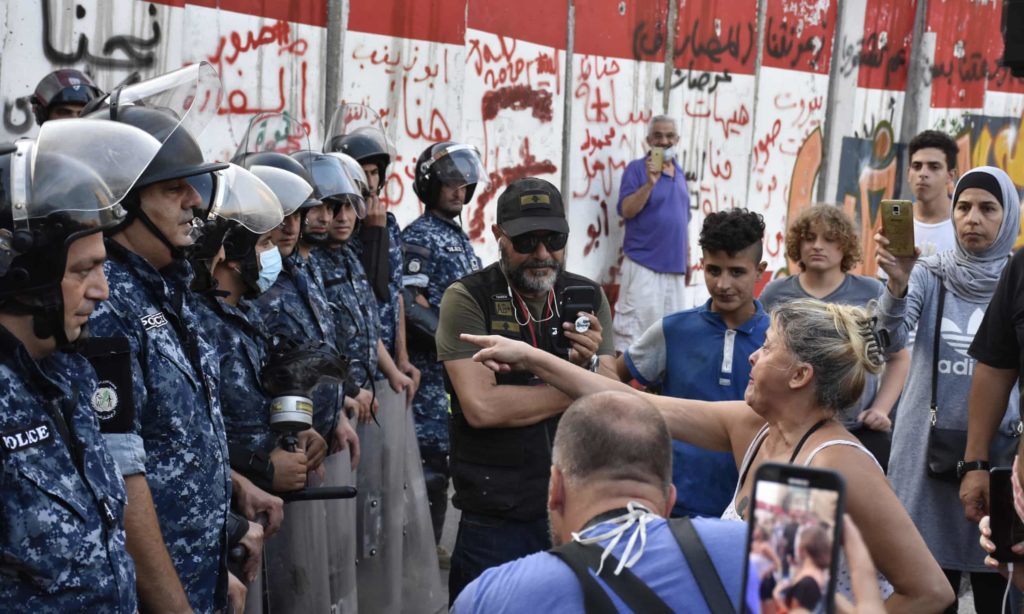
The country’s collapse has led to meat and chicken prices tripling over the past fortnight, and scarcities of fuel and flour – amplified by the sale of state-subsidised supplies to neighbouring Syria where they get a better price for it, and sharply increasing hunger.
Protein has been taken off the menu at army barracks while ordinary Lebanese have resorted to selling furniture in order to raise enough money to buy food. Retail chains closed en masse during the week, and almost all the country’s hotels remain shuttered – hopes of a spike from summer tourism were dashed by the Covid-19 pandemic and rising fears about security across the country.
Two men killed themselves on Friday, apparently driven to despair by the crisis.
Civic leaders and two members of a team that led talks with the International Monetary Fund in an attempt to introduce billions of dollars in global aid say patronage networks that have run the government and enriched its leaders are seen as being more valuable than safeguarding the country itself.
“When it’s all boiled down, this is indeed the reckoning,’ said one senior politician. “If you break what’s been built since the war years, we are in for another conflict. And it could make 1982 look like a dress rehearsal.”
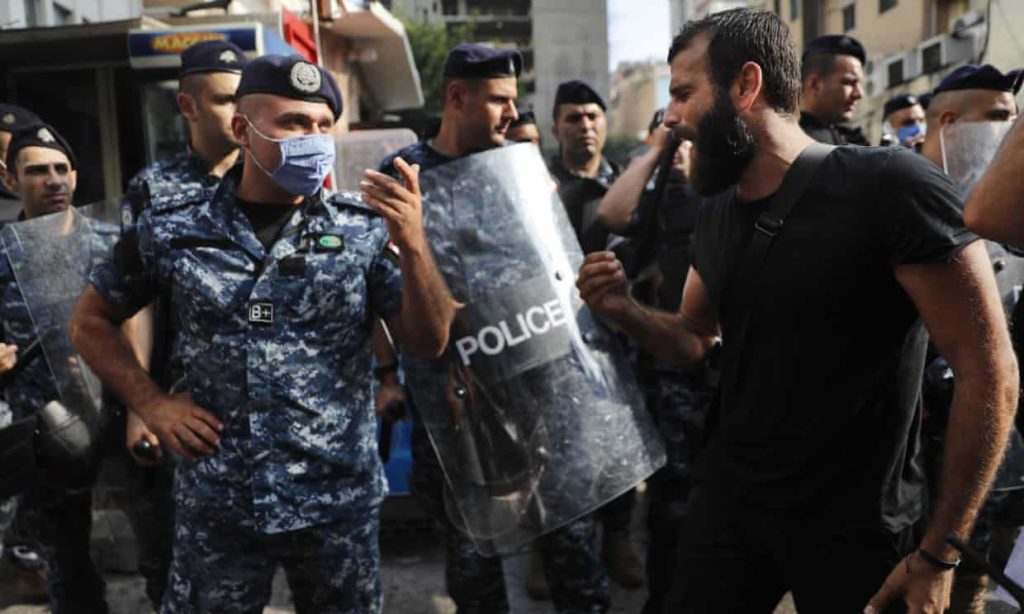
The apparent hopelessness of the country’s predicament has come into sharp focus over the past fortnight, as the IMF has raised the alarm over stalled talks that could free up to $5bn in aid, and pave the way for contributions from France, the EU, and the Gulf states, all of whom have been benefactors of Lebanon but have become wary of pouring more money into the country.
Overhauling patronage systems that entrenched warlords at the end of a 15-year conflict and have turned all state institutions into fiefs, has been a central demand of the IMF and international community. “You would not think this would be difficult,” said a senior European diplomat. “We have been begging them to behave like a normal state, and they are acting like they are selling us a carpet.”
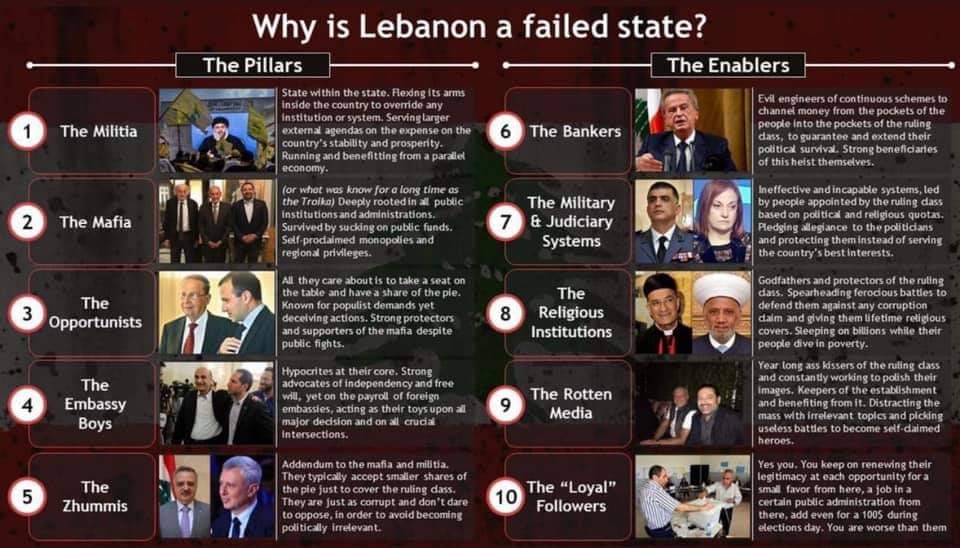
Another senior diplomat, who like others declined to be named, said: “Lebanon no longer has anything like a lustre. It just feels like a failed state.”
How to stymie the wounds seems obvious to those who took to the streets last October, calling for an overhaul of a sclerotic system that many said has enfeebled the country by reinforcing widespread corruption, denying them opportunities on merit and turning citizens into subjects.
“I couldn’t get a job on merit last September, said Mahmoud Suleiman, a carpenter from Cheika in the north of the county. And I sure can’t now. Even if I go to the sunni leader here, they can’t help because there is no work. And they wouldn’t want to help even if they could. Their concern is their own interests. That’s always been the case.”
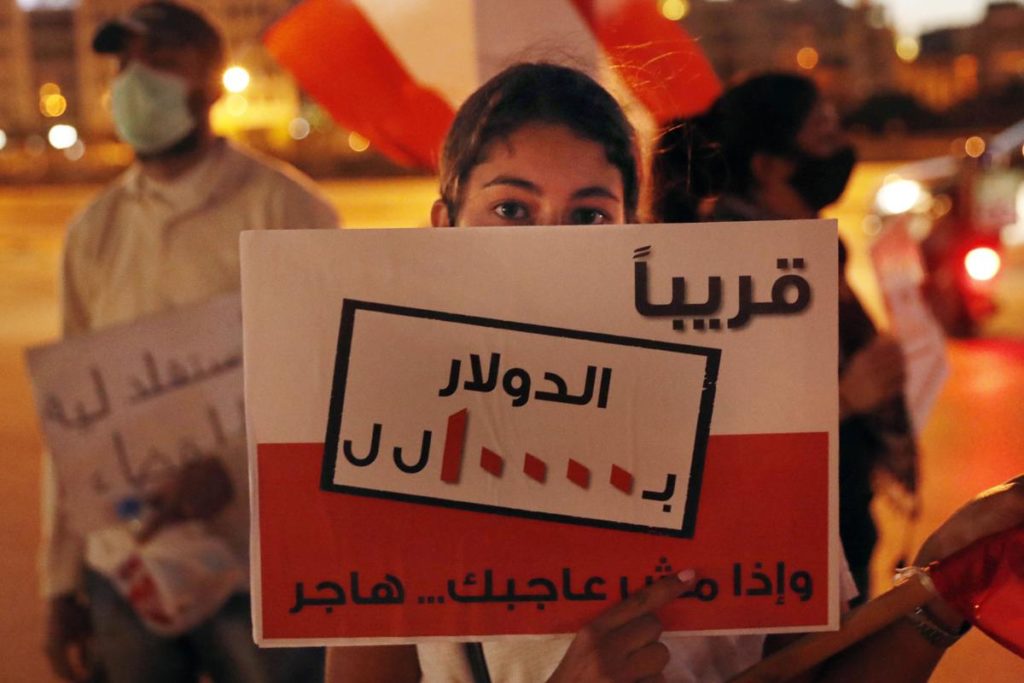
The precipitous collapse in the local currency, the lira, continued unabated on Friday, reaching as low as 10,000 to one US dollar, compared with the pegged rate of 1,500 to the dollar, which had been fixed since 1991.
“I’ve changed the barcode prices three times this week alone,” said Chantelle AbuZeid, a shopkeeper in the Beirut suburb of Sinn al-Fiel. “That’s all I do, because no one’s buying.”
A growing concern is that the currency collapse has no floor, because nothing can generate confidence in the crumbling economy. “As long as the country is not really functioning, every dollar that is put into the system is swallowed,” said Albert Leteyf, a partner at Levantine Consultants. “Introducing dollars is seen as a saviour, but I can’t see that slowing the fall. We’ve gone too far.”
“It’s wrong to speak about specific parties here, because it gets you in trouble,” said Charbel Melad, from Jounieh, north of Beirut. “But it really is time for a reckoning. Why should people who hold the country to ransom be allowed to get away with it. This patronage system has to go, and so do the parties who put it above the welfare of the state.”
THE GUARDIAN
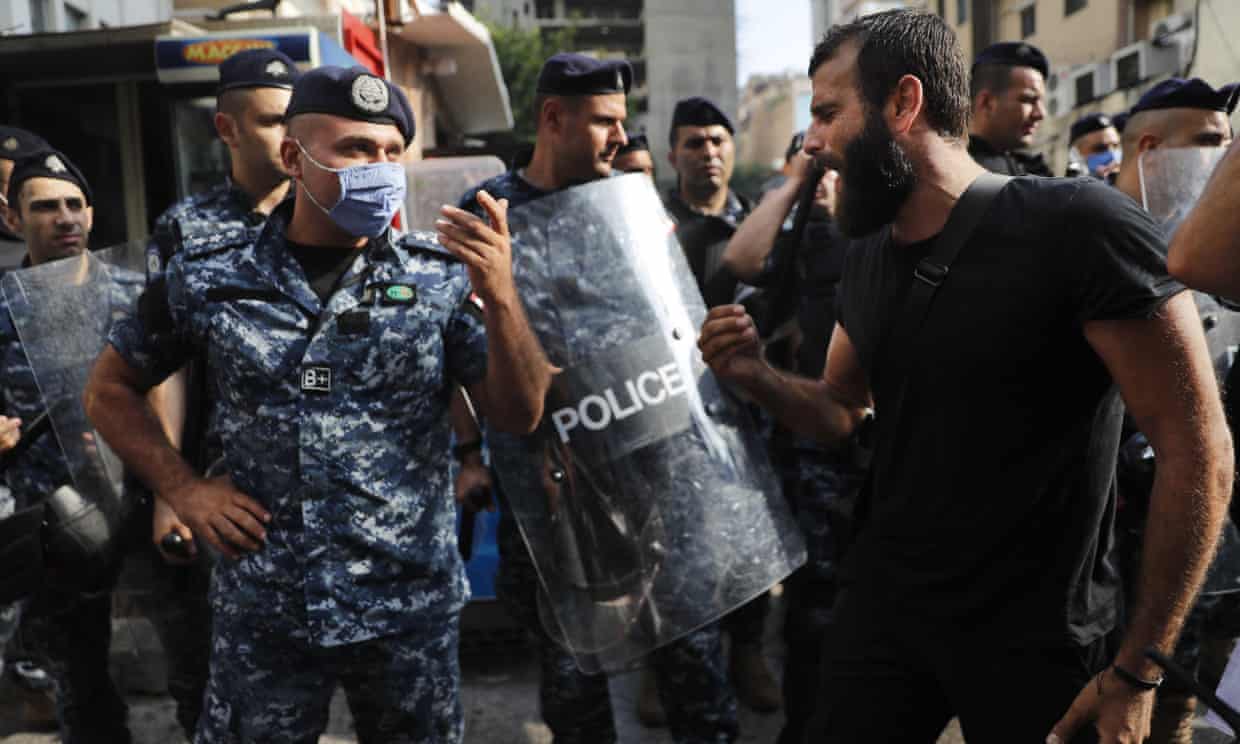

Leave a Reply
You must be logged in to post a comment.